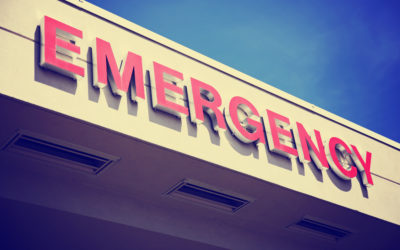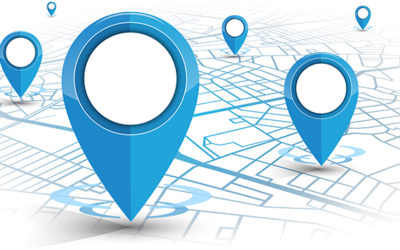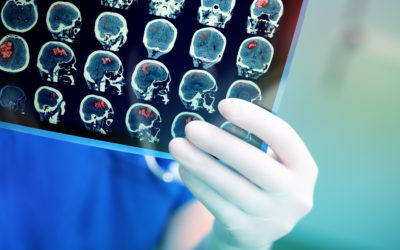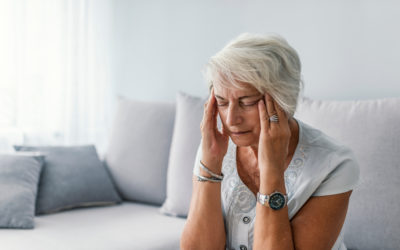Abdominal Pain
Many things can cause belly (abdominal) pain. In most cases, belly pain is not a serious problem and can be watched and treated at home. But in some cases, it can be serious.
Your doctor will try to find the cause of your belly pain.
Follow these instructions at home:
Medicines
- Take over-the-counter and prescription medicines only as told by your doctor.
- Do not take medicines that help you poop (laxatives) unless told by your doctor.
General Instructions
- Watch your belly pain for any changes. Tell your doctor if the pain gets worse.
- Drink enough fluid to keep your pee (urine) pale yellow.
Contact a doctor if:
- Your belly pain changes or gets worse.
- You have very bad cramping and bloating in your belly.
- You vomit.
- Your pain gets worse with meals, after eating, or with certain foods.
- You have trouble pooping or have watery poop for more than 2-3 days.
- You are not hungry, or you lose weight without trying.
- You have signs of not getting enough fluid or water (dehydration). These may include:
o Dark pee, very little pee, or no pee.
o Cracked lips or dry mouth.
o Feeling sleepy or weak. - You have pain when you pee or poop.
- Your belly pain wakes you up at night.
- You have blood in your pee.
- You have a fever.
Get help right away if:
- You cannot stop vomiting.
- Your pain is only in one part of your belly, like on the right side.
- You have bloody or black poop, or poop that looks like tar.
- You have trouble breathing.
- You have chest pain.
These symptoms may be an emergency. Get help right away. Call 911.
- Do not wait to see if the symptoms will go away.
- Do not drive yourself to the hospital.
This information is not intended to replace advice given to you by your health care provider. Make sure you discuss any questions you have with your health care provider.
Related Services and Conditions
Nonspecific Chest Pain
Nonspecific Chest Pain Chest pain can be caused by many different conditions. Some causes of chest...
ER
In a medical emergency, every minute matters. That’s why we work diligently to have you initially seen by a medical…
ER 30 Minute Pledge
In a medical emergency, every minute matters. That’s why, at Evanston Regional Hospital, we work diligently…
ER Directions
Health care starts with you. If you’re experiencing symptoms, it’s up to you to pay attention and decide how to respond…
ER Team
Valley View Emergency Physicians is now providing care at Evanston Regional Hospital. Most of the physicians are…
ER Visit
A trip to the ER can often be stressful or scary- but it doesn’t have to be. A few minor preparations can help your visit go…
Heart Attack
In the movies, signs of a heart attack seem straightforward and dramatic. In real life, heart attack symptoms can happen…
Patient Testimonial
When rancher Ronald Stuart arrived in the emergency room at Evanston Regional Hospital concerned he had a…
Stroke
According to the National Stroke Association, a stroke is the leading cause of death in the U.S., and the leading…
When to go to the ER
Minor illnesses can often wait, but some symptoms always demand immediate medical attention. These can include…










